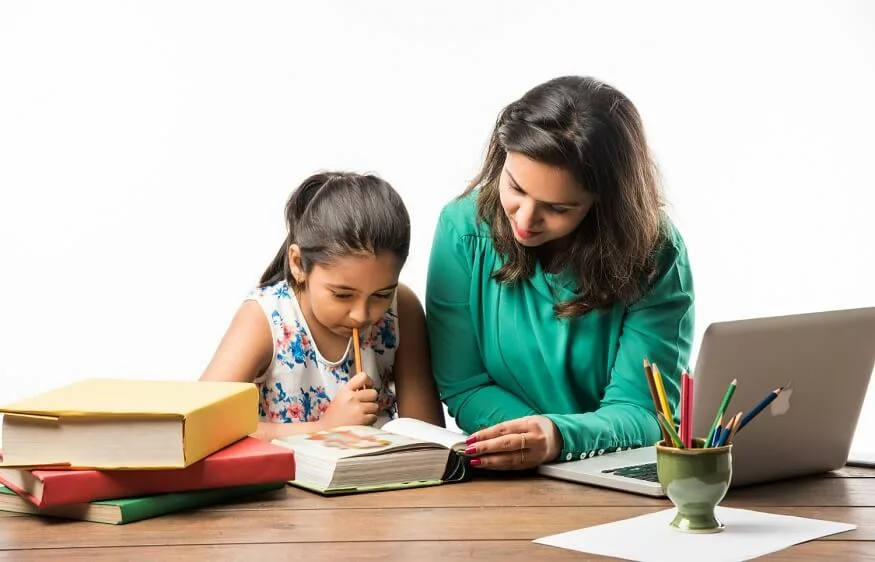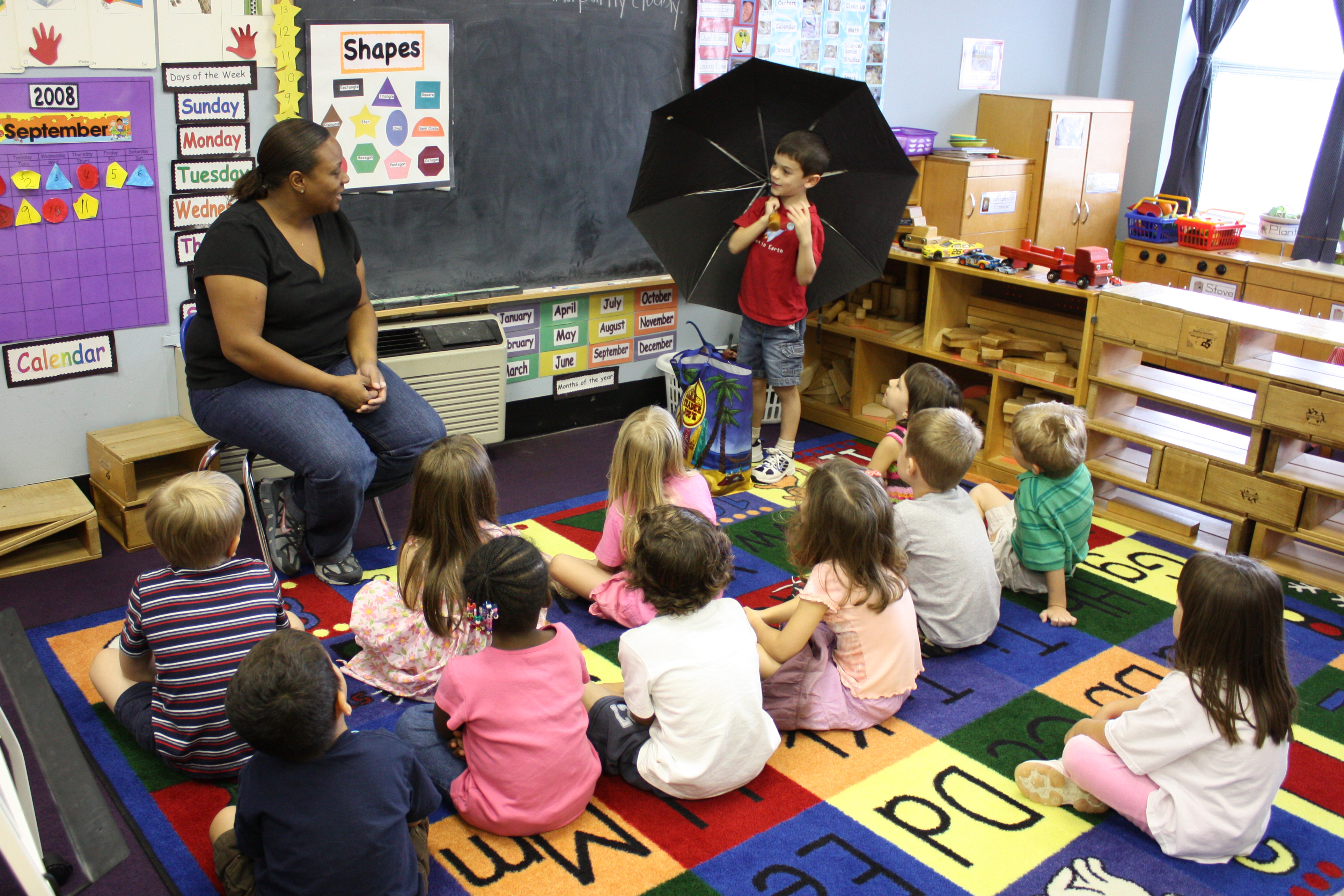In the dynamic landscape of education, the role of Parental Involvement in school activity is pivotal in shaping the academic journey of their children.
By understanding the benefits of active parental engagement, we can then explore practical tips for parents to become more involved in their children’s education.
Definition of Parental Involvement in school activity
Parental Involvement in school activity encompasses a range of activities and actions through which parents participate in their child’s educational experience.
It goes beyond traditional Parental Involvement in school activity also creating a supportive environment at home, fostering effective communication, and actively engaging with the school community.
Importance of Parental Involvement

The importance of Parental Involvement in school activity cannot be overstated. Research consistently indicates that children whose parents are actively engaged in their education tend to perform better academically, exhibit improved behavior, and develop enhanced social skills.
The partnership between parents and educators creates a holistic support system that nurtures a child’s overall development.
Benefits of Parental Involvement

Academic Success of Children
One of the primary benefits of Parental Involvement in school activity is its positive impact on a child’s academic success. When parents actively participate in their child’s education, they reinforce the value of learning and create a conducive environment for academic achievement.
Regular monitoring of homework, helping with assignments, and discussing school topics at home all contribute to a child’s success in the classroom.
Improved Behavior and Attitude
Beyond academics, Parental Involvement in school activity plays a crucial role in shaping a child’s behavior and attitude towards learning. Parents who take an interest in their child’s education can instill a sense of responsibility and discipline.
By setting expectations and consistently reinforcing positive behaviors, parents contribute significantly to the development of a positive attitude towards learning.
Enhanced Social Skills
Social development is another dimension influenced by parental involvement. Through participation in school activities, extracurricular events, and parent-teacher meetings, children learn valuable social skills.
Interaction with teachers, classmates, and other parents provides an opportunity for children to develop communication skills, empathy, and teamwork.
Better Communication Between Parents and Children
Effective communication is a cornerstone of successful parenting, especially in the realm of education. Parental Involvement in school activity tend to have open and regular communication with their children.
This communication fosters a supportive relationship where children feel comfortable discussing their challenges, successes, and aspirations.
Practical Tips for Parents to Get Involved
Establishing a Positive Home Environment
Creating a Dedicated Study Space:
Designating a quiet and well-lit study space at home can significantly contribute to a child’s focus and concentration. This space serves as a dedicated area for homework, reading, and studying.
Encouraging a Love for Learning:
Beyond structured study time, parents can cultivate a love for learning by exposing children to a variety of educational experiences. Visits to museums, libraries, and engaging discussions about interesting topics can spark curiosity and enthusiasm for knowledge.
Communicating with Teachers
Attending Parent-Teacher Conferences:
Parent-teacher conferences provide a valuable opportunity to discuss a child’s progress, strengths, and areas for improvement. Actively participating in these conferences allows parents to gain insights into their child’s academic and social development.
Regularly Checking in on a Child’s Progress:
Establishing regular communication with teachers is crucial. Periodic check-ins, either through emails or brief meetings, help parents stay informed about ongoing assignments, upcoming assessments, and any challenges their child may be facing.
Participating in School Activities
Volunteering for Events and Projects:
Volunteering at school events or participating in projects demonstrates a commitment to the school community. Whether it’s helping organize a book fair, assisting with a science fair, or chaperoning field trips, parents contribute to the overall educational experience.
Attending School Meetings and Workshops:
Schools often organize meetings and workshops for parents to discuss educational strategies, parenting tips, and other relevant topics. Actively attending these sessions provides parents with valuable insights and a platform to engage with other parents.
Monitoring and Assisting with Homework
Setting Aside Dedicated Homework Time:
Establishing a routine for homework helps create a structured approach to learning. Consistent time set aside for homework reinforces the importance of academic responsibilities and fosters good study habits.
Offering Guidance Without Overstepping:
While it’s essential to provide guidance, it’s equally important not to overstep and do the work for the child. Balancing support and allowing for independent problem-solving promotes self-reliance and critical thinking skills.
Fostering a Reading Culture at Home
Reading Together as a Family:
Reading as a family activity not only enhances literacy skills but also strengthens familial bonds. Choosing age-appropriate books and discussing them together promotes language development and a love for reading.
Encouraging Independent Reading Habits:
Creating a home environment that values independent reading encourages children to explore books on their own. Providing access to a variety of reading materials and allowing children to choose their own books fosters a sense of autonomy and curiosity.
Overcoming Challenges in Parental Involvement
Scheduling and Time Management Tips:
Recognizing that modern lifestyles can be hectic, parents can employ effective time management strategies. This includes creating a family calendar, prioritizing activities, and finding time-efficient ways to stay involved.
Incorporating Involvement into Daily Routines:
Integrating educational involvement into daily routines makes it more manageable. This could involve discussing the day’s learning during family meals, reviewing homework in the evenings, or incorporating educational games into leisure time.
Communication Barriers
Utilizing Technology for Communication:
In the digital age, technology provides various tools for communication. Utilizing emails, online platforms, and mobile apps can bridge communication gaps between parents and teachers, ensuring a continuous flow of information.
Building Rapport with Teachers:
Establishing a positive relationship with teachers is crucial. Parents can attend school events, introduce themselves during parent-teacher conferences, and express their willingness to collaborate, fostering open lines of communication.
Addressing Diverse Family Structures
Recognizing and Respecting Different Family Dynamics:
Schools should acknowledge and respect the diversity of family structures. Recognizing that families come in various forms, including single-parent households, extended families, and same-sex parents, ensures that the school environment remains inclusive.
Inclusive Approaches to Parental Involvement:
Schools can implement inclusive policies that accommodate various family structures. This may include flexible scheduling for meetings, providing resources in multiple languages, and fostering a welcoming environment for all parents.
Conclusion
In conclusion, the role of parents in education is multifaceted and holds profound implications for the holistic development of children. By actively participating in their child’s education, parents contribute to academic success, improved behavior, enhanced social skills, and better communication.
Practical tips, ranging from creating a positive home environment to fostering a reading culture, empower parents to play an active role in their child’s learning journey.
Overcoming challenges in Parental Involvement in school activity, such as time constraints and communication barriers, requires a proactive and adaptable approach.
Embracing technology, building relationships with teachers, and recognizing diverse family structures are essential steps in creating an inclusive and supportive educational ecosystem.
As we navigate the complexities of modern education, it is crucial to underscore the lifelong impact of parental involvement.
The investment parents make in their children’s education resonates far beyond the classroom, shaping future success, resilience, and a love for lifelong learning.
Encouraging parents to actively engage in their child’s education is not only a call to action but a commitment to building a foundation for a brighter and more promising future.










